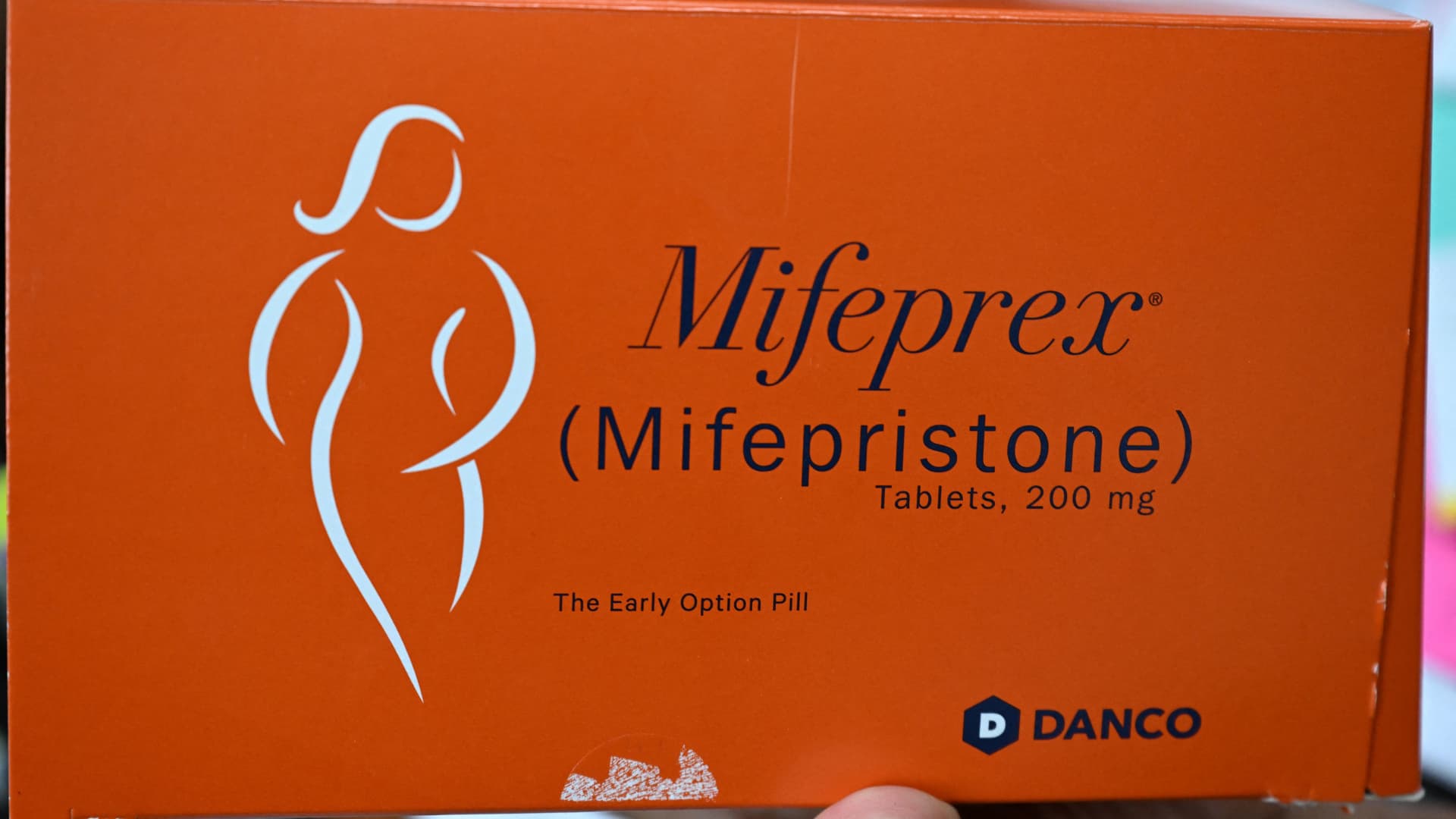Gilead Sciences defeats U.S. government lawsuit alleging HIV drug patent violations
The U.S. government had accused Gilead Science of violating patents for drugs used in the HIV prevention regimen PrEP.

The logo of Gilead Sciences pharmaceutical company is seen in Oceanside, California, April 29, 2020.
Mike Blake | Reuters
A Delaware federal court jury on Tuesday cleared Gilead Sciences of civil claims by the U.S. government that the company violated patents held by the Centers for Disease Control and Prevention for an HIV prevention drug.
The government sued Gilead in 2019, arguing that the company was profiting off CDC patents through the company's sales of Truvada and Descovy, oral medications taken to prevent HIV infection.
But jurors after a multiday trial found that the government's patent claims on the HIV prevention regimen called pre-exposure prophylaxis, or PrEP, were not valid.
"Today's decision confirms our longstanding belief that we have always had the rights to make Truvada and Descovy for PrEP available to all who need it," said Gilead general counsel Deb Telman in a statement.
"Gilead will continue to champion collaborations, including our efforts with the U.S. Health and Human Services Department (HHS) and CDC that span more than 15 years, as we all work together toward our common goal to end the HIV epidemic for everyone, everywhere," Telman said.
HHS, the parent entity of the CDC, did not immediately respond to a request for comment on the verdict.
Gilead's combined worldwide sales of Truvada and Descovy were about $2 billion in 2022, according to company financial statements.
The government claimed that the CDC in the mid-2000s discovered that two drugs, emtricitabine and tenofovir, were highly effective in preventing HIV infection.
Truvada and Descovy both contain emtricitabine and tenofovir. But Gilead said it invented these drugs, and that the concept of using Truvada to prevent HIV was well-known when the U.S. government filed for the patents.
PrEP has played a crucial role in reducing the number of new HIV infections in communities that face a higher risk from the virus, such as men who have sex with other men.
Scientists have tried for decades to develop a vaccine against HIV. But those efforts to date have been unsuccessful.
About 40 million people worldwide have died from HIV since the epidemic began in the 1980s, according to the World Health Organization. More than 80 million people have been infected.
In 2021, there were 38 million people living with HIV, according to WHO data.
Correction: This story has been updated to reflect the correct name of the Centers for Disease Control and Prevention.

 BigThink
BigThink 
































